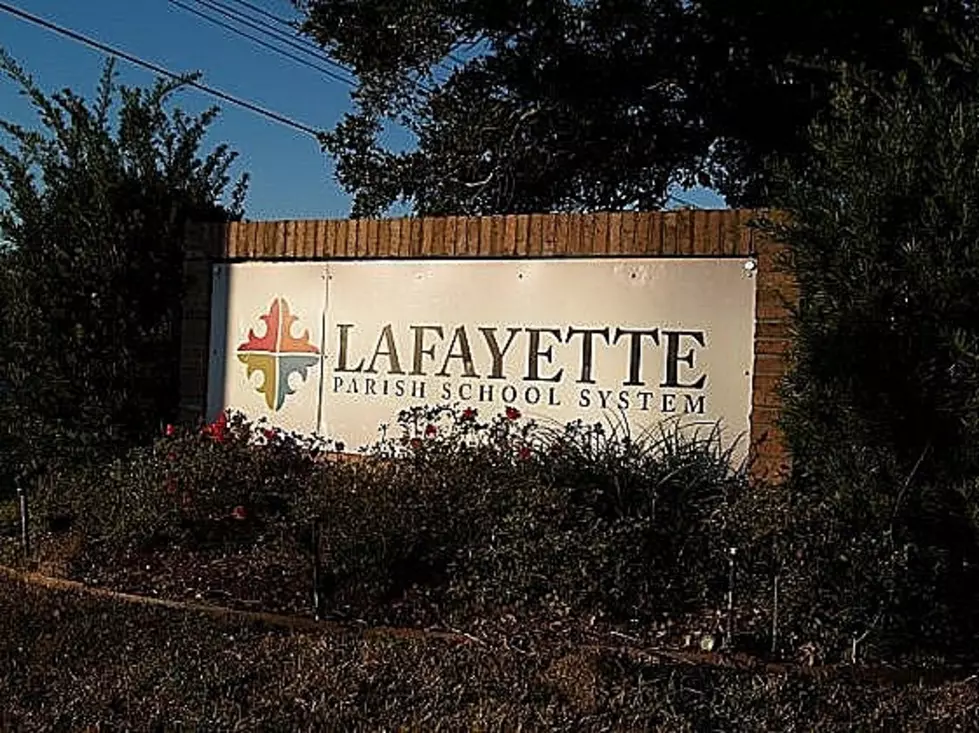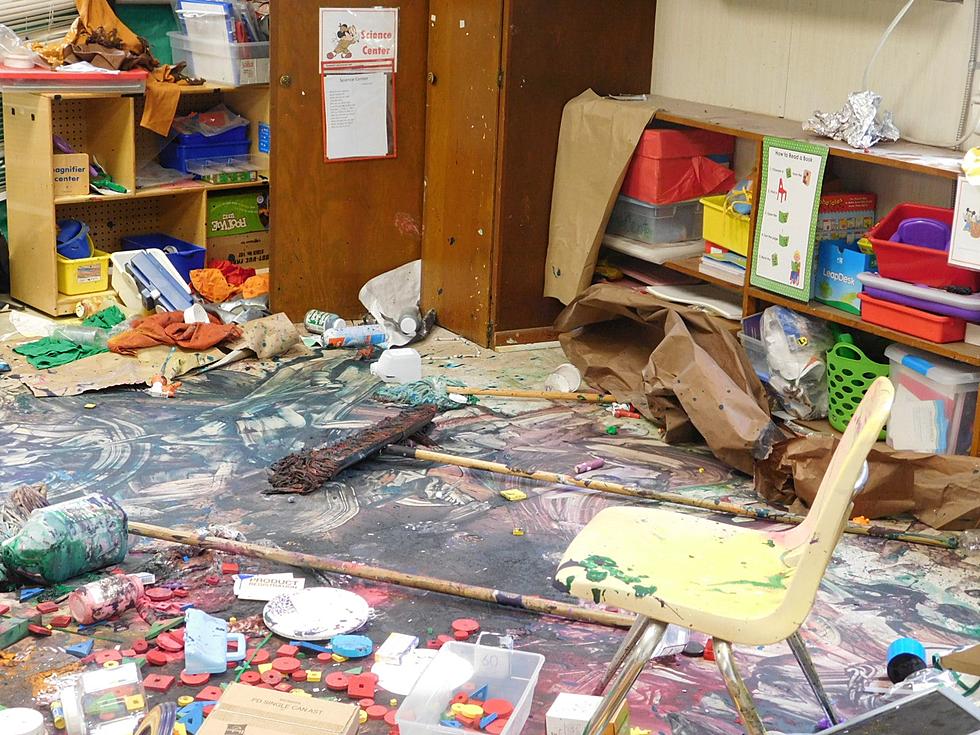
Lafayette Parish Second Graders Outperform State in Literacy, Kindergarten Lags Behind
LAFAYETTE PARISH, La. (KPEL News) - The Louisiana Department of Education has released its Fall Reading Report, which breaks down the data from reading screening tests given to students in kindergarten through third grade.
And while second graders in Lafayette Parish vastly outperformed the state average, students in the other grades were behind, especially in kindergarten.
In Lafayette Parish, 22 percent of kindergarteners were on or above reading level, while 78 percent were below. That's compared to the state's 34 percent on or above level and 66 percent below. Third graders also lagged a good ways behind, with 54 percent of them being on level in Lafayette against the state's 63 percent.
Lafayette's first graders were roughly on track with the rest of the state - 48 percent in Lafayette were on or above level while 49 percent were statewide.
But for second grade students, 94 percent of Lafayette's students scored on or above level versus the state's 59 percent.
Which Schools Did Well?
Lafayette Parish had several schools that performed well against the state averages, but Myrtle Place Elementary, which was named a blue ribbon school for the 2021-2022 school year, earned near-top marks in all but one grade level
Ernest Gallet also did relatively well against other parish schools, as did Milton. You can see the full results here.
What Is Being Screened?
The report is part of the Department of Education's ongoing plan to bring lower elementary students up to reading level, an initiative that comes after years of data pointing to weaknesses in literacy at that grade level.
The primary test used in Lafayette Parish was the Dibels test, which was created by the University of Oregon as "measures that help teachers and schools determine how students are performing on important reading skills. DIBELS stands for Dynamic Indicators of Basic Early Literacy Skills. These measures are designed for students in grades K-8," according to their parent guide.
It involves a series of short, usually 1-minute screeners that test literacy and fluency in a universal screening process.
Lafayette Stores Your Parents Shopped At That Are Gone Now
The Seven Modern Wonders of Acadiana
More From 99.9 KTDY










